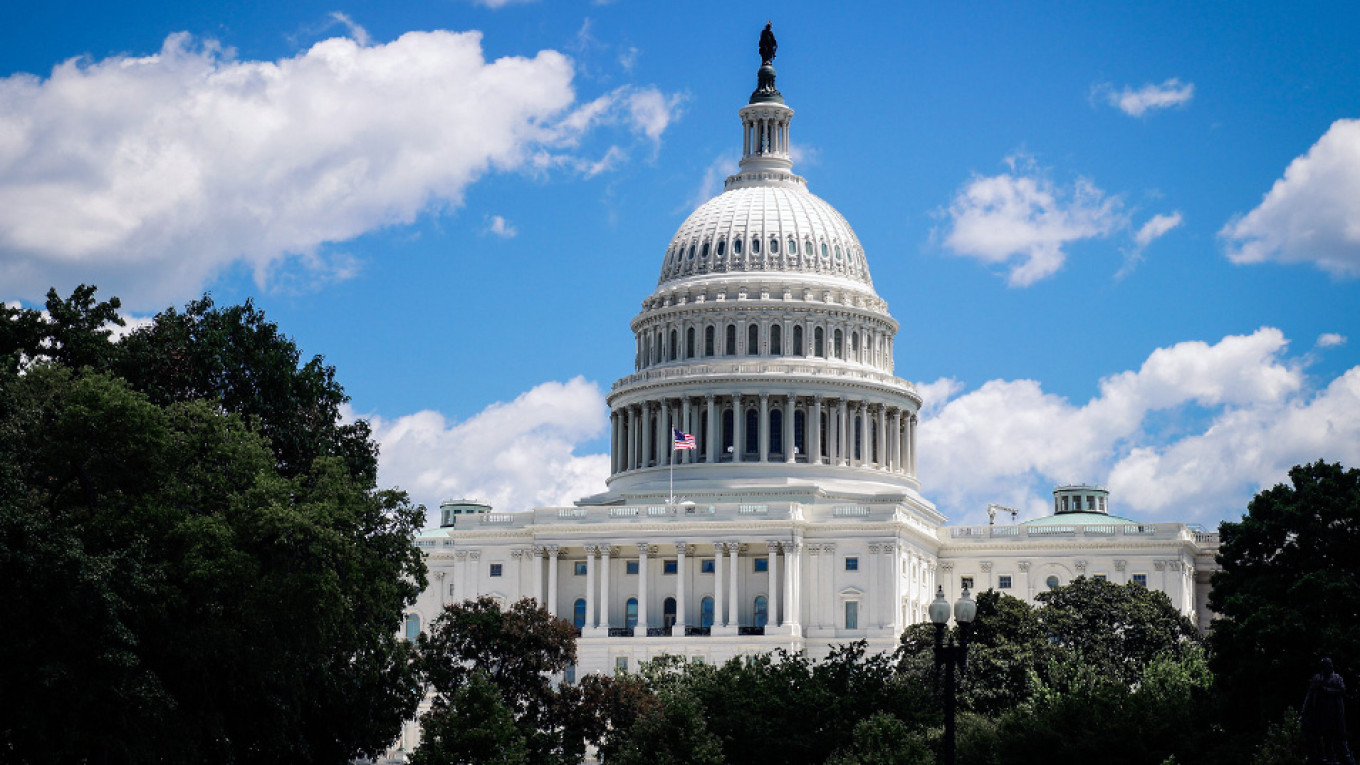When former Special Counsel Robert Mueller was asked about Russia’s attempt to influence U.S. elections in front of the House Intelligence Committee in July, he was clear that 2016 was not an isolated event; Russia was intent on disrupting elections in 2020. Similar statements were made by FBI Director Christopher Wray the same month, although the accused have ranged from Russian oligarchs to Russia’s military intelligence officers.
U.S. intelligence agencies are certain that Russia will try to influence the 2020 elections, but whether this is sanctioned by the Kremlin or an act of the state’s security services misses the point. Moscow may favor one candidate or party over the other and try to disrupt the narrative through social media, but it also recognizes the limits to its U.S. influence. By meddling in U.S. elections, the Kremlin exposes dysfunction in democratic procedures, erodes trust in government institutions and, in the process, legitimizes diminishing returns on Russian elections. To the Kremlin, exposing dysfunction in Western democracies makes flawed elections in Russia more palatable.
The current state of sanctions
Barring any significant turn of events in Ukraine or Syria, or other sanctions related to human rights and the CBW Act, U.S. sanctions imposed against Russia will stem from meddling in U.S. elections. While the political will to enforce new sanctions remains active in the U.S., sweeping proposals have thus far stalled. The two most note-worthy bills, the Defending American Security from Kremlin Aggression Act (DASKA) and the Defending Elections from Threats by Establishing Redlines Act (DETER Act), have been circulating in Congress since they were first introduced in 2018.
While DASKA is a significant piece of legislation with bipartisan support, it has yet to be put to the vote. DETER has faced similar problems. Despite having passed the Senate, it still rests in the House Judiciary Committee. In July, the authors of DETER failed to have the law’s provisions added to the 2020 National Defense Authorization Act. Meanwhile, other bipartisan bills aimed at securing U.S. elections have been blocked by the Republican leadership in the Senate.
More recently, the Senate Foreign Relations Committee took a more targeted approach to Russia’s energy sector when it announced sanctions against Nord Stream 2. Unlike other attempts to sanction Russia, Nord Stream sanctions have the support of President Trump. Nord Stream sanctions may have a better chance of passing than its predecessors, but may damage U.S. relations with Germany in the process.
Despite the prospect of action against Nord Stream, more comprehensive sanctions will likely be squeezed out of an already tight congressional calendar. Returning to session in September, Democrats are hoping to capitalize on the current political landscape to push for stricter gun laws. Meanwhile, the House Judiciary Committee announced a formal impeachment inquiry into Trump. Although an official vote to invoke articles of impeachment would not be decided until the end of the year, the processes will likely drown out talk of sanctions.
The 2020 elections: political points or political opportunities?
Attempts to introduce new sanctions are also up against the drawn-out presidential political calendar that is well underway. More than a year from the presidential elections, an overcrowded field is jockeying for a bump in the polls. Presidential hopefuls will shine light on how vulnerable U.S. elections are to outsiders, but depending on impeachment proceedings, the focus will be more on Trump’s failures than Russia’s actions.
With the next round of debates scheduled for mid-September, Russia may be a topic of scrutiny. But thus far, mentions of Russia in the debates are used to pin down Trump for obstruction of justice in the Mueller investigation or target primary opponents, rather that propose plans to punish Russia for influencing U.S. elections.
In addition to the election of a new president, 2020 will see 34 Senate and all 435 House seats up for re-election. The role Russia could play in the election will certainly be a talking point for the Democratic party. However, like its presidential contenders, Democrats will focus on how Russian interference benefitted Trump in the past and what Russia is doing now, as opposed to offering concrete policy proposals to punish Russia or institute mechanisms that prevent future meddling.
Sanctions: hurdles and opportunities
Whether Nord Stream is a viable target for sanctions remains unclear and controversial. Congressional leaders will argue that the pipeline threatens Europe’s energy security. But with U.S. imports to the EU expected to double over the next five years, U.S. LNG companies would certainly stand to benefit. Meanwhile, the pipeline is important to Germany, and as Europe’s largest economy the Bundestag has strongly opposed sanctions against the pipeline for years. While private companies may withdraw, It remains unlikely that Germany will buckle under U.S. political pressure, especially with the prospect that Trump may be replaced.
Although Nord Stream may move forward, should Trump win re-election, no major sanctions policies seem likely. However, should a Democrat win the presidency, there may be a stronger bi-partisan congressional push for sanctions against Russia, despite possible pushback from the Republican leadership.
While the EU has concentrated its sanctions on Ukraine, the U.S. has broadened its targets, leaving EU companies vulnerable, but also U.S. companies in a state of confusion and unpredictability. Despite current sanctions, U.S. companies continue to invest in Russia. U.S. investment in 2018 reached $1.3 billion, levels similar to pre-Ukraine sanctions, highlighting that opportunities still exist and U.S companies are willing to take on some risks to do business in Russia.
Companies face a complex landscape when navigating sanctions in Russia. The first step for any foreign investor is to be well versed in the various sanctions programs that exist between jurisdictions, and the potential consequences for non-compliance. Overall, success or failure in the Russian market relies on conducting proper due diligence and building a compliance program that mitigates any risks to future sanctions.
A Message from The Moscow Times:
Dear readers,
We are facing unprecedented challenges. Russia's Prosecutor General's Office has designated The Moscow Times as an "undesirable" organization, criminalizing our work and putting our staff at risk of prosecution. This follows our earlier unjust labeling as a "foreign agent."
These actions are direct attempts to silence independent journalism in Russia. The authorities claim our work "discredits the decisions of the Russian leadership." We see things differently: we strive to provide accurate, unbiased reporting on Russia.
We, the journalists of The Moscow Times, refuse to be silenced. But to continue our work, we need your help.
Your support, no matter how small, makes a world of difference. If you can, please support us monthly starting from just $2. It's quick to set up, and every contribution makes a significant impact.
By supporting The Moscow Times, you're defending open, independent journalism in the face of repression. Thank you for standing with us.
Remind me later.








